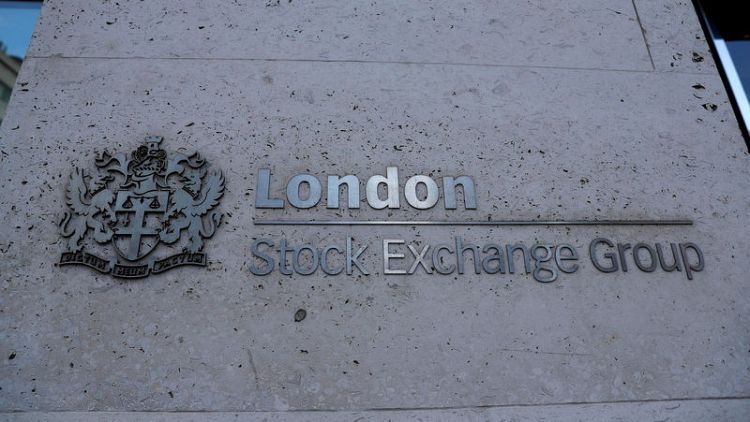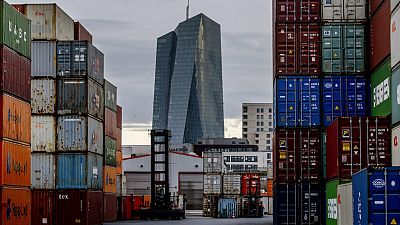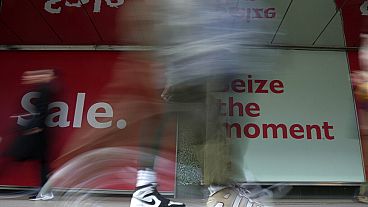By Claire Milhench
LONDON (Reuters) - British investors increased their equity exposure in August from July's nine-month lows, favouring emerging markets after a shake-out in the sector, but cut UK assets as the risk of a no-deal Brexit grew.
Reuters' monthly asset allocation poll of 17 UK-based asset managers was conducted Aug. 16-28 as world stocks <.MIWD00000PUS> climbed to a six-month high.
U.S. equities <.SPX> <.IXIC> also set record highs after a U.S.-Mexico deal to overhaul the North American Free Trade Agreement (NAFTA) raised hopes that a global trade war could be averted.
Most participants completed the poll before the accord was announced, but the mood was still more bullish than it had been in July when trade war concern sapped investor confidence.
"The global economy remains in a period of synchronised economic growth and despite some weakness in the eurozone, continues to gather momentum," said John Husselbee, head of multi-asset at Liontrust.
In the poll, British managers raised their global equity exposure to 51.2 percent from 50.4 percent in July. They cut cash by 1.6 percentage points to 4.4 percent, the lowest level in at least five years.
Mark Shields, investment director for the multi-asset team at Brooks Macdonald, was among those overweighting risk assets: "Premiums in valuations in the U.S. are warranted in our view given the strong consumer backdrop, earnings momentum and the pace of economic expansion," he said.
The U.S. stocks allocation held at last month's 34 percent, the highest in nearly two years. Investors also ramped up their exposure to emerging-market stocks to 18.4 percent from July's 16.3 percent, after a turbulent month.
Emerging-market equities <.MSCIEF> are down over 9 percent year-to-date, clobbered by trade war fears and rising U.S. interest rates. Emerging-market currencies sold off again in August as crises in Turkey and Argentina intensified and rising U.S. sanctions risk hit Russia.
The lira <TRY=> is now down over 40 percent year-to-date, crushed by Turkey's loose monetary and fiscal policy and a diplomatic rift with the United States.
But poll participants who answered a question on the currency's travails were split over whether the lira had troughed. Forty-one 41 percent said it hadn't, a third said it had, and a quarter were undecided.
TIME TO BUY
There was more agreement over whether it was time to buy emerging-market assets. Two-thirds of those who answered that question agreed.
Christopher Peel, chief investment officer at Tavistock Wealth, noted the assets looked cheap compared with developed- market debt and equities.
"The recent sell-off represents an attractive new entry level," he said, arguing that fears of contagion from Argentina, Brazil and Turkey to other markets was unjustified.
Andrew Milligan, head of global strategy at Aberdeen Standard Investments, also saw more positives than negatives for emerging markets in coming months.
He acknowledged risks in Turkey, Venezuela and Brazil but added: "We have seen strong profits growth for the EM complex, and better valuations encourage us to look for buying opportunities."
UK assets were shunned, with sterling hitting a one-year low versus the euro in August as fears over a no-deal Brexit grew.
Investors slashed their UK equity exposure by 3.6 percentage points to 21.2 percent, the lowest level since April 2015. UK bond holdings also fell to 21.5 percent, the lowest since May.
"With Brexit moving ever closer and uncertainty remaining, many UK investors have moved to the side of caution," said Peter Lowman, chief investment officer at Investment Quorum, noting that overseas investors also appeared to be shying away from the UK.
(Reporting by Claire Milhench, editing by Larry King)



